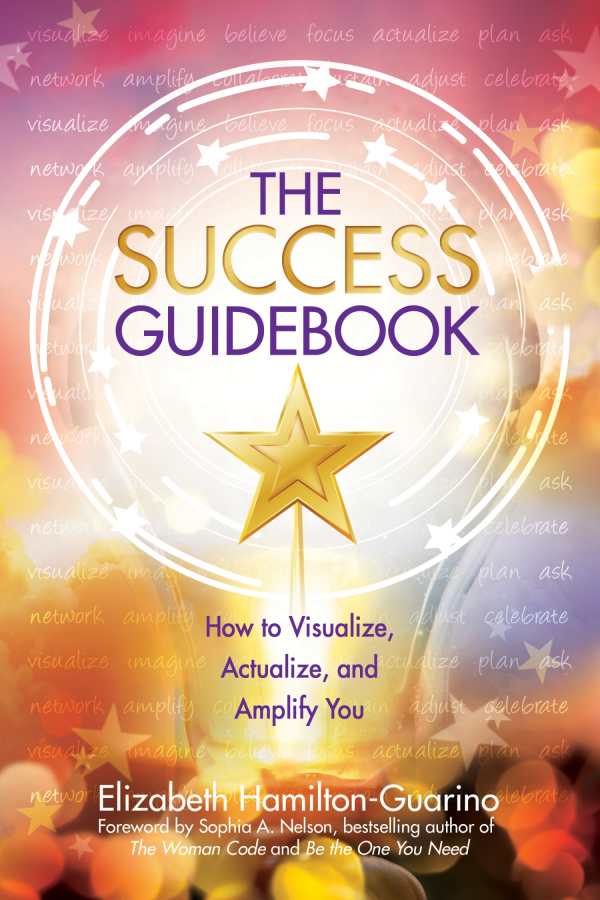The Success Guidebook
How to Visualize, Actualize, and Amplify You
Modeling a positive attitude and flexibility, The Success Guidebook is an inspirational self-help text.
Elizabeth Hamilton-Guarino’s self-help book The Success Guidebook encourages clarifying one’s goals to achieve happiness.
Asserting that most people chase ideas of success they don’t align with, like having a high salary or a high-profile job, at the expense of their personal relationships and physical health, Hamilton-Guarino argues that success should instead be regarded as particular to each person, and that definitions of it should not neglect one’s social life and physical health. Personal examples are incorporated: Hamilton-Guarino’s parents lost their status by the time she was a young adult; she has experienced debilitating migraines. Still, she pursued personal success, and she lists ten factors (including planning, sustaining, and believing) that she considers crucial for those who want to do the same.
Each thematic section covers a broad range of topics related to its subject, with foci including family life, personal passions, and finding employment. Stories from the lives of Hamilton-Guarino’s clients and acquaintances embellish these, as do interactive prompts for the audience. For instance, in the “Believe” section, Hamilton-Guarino recounts how her son Cam was a baseball pitcher who shattered his hand during a game and was devastated at the thought of not being able to pitch anymore, but later was able to. Such tales are aspirational: a coach is heralded as a symbol of hope, and self-belief is centered, without consideration of the roles played by factors like luck and social positioning.
In general, the book falls on immaterial means of securing success to argue its points. To network, introverts are encouraged to socialize in a way that feels right to them, such as by talking about their personal passions at a party, rather than work goals. Later messages about maintaining authenticity to avoid getting trapped in an undesirable situation are supportive too. But concrete recommendations for forming connections and securing a job are elided in favor of conceptual understandings of positive networking. Due to the similar inspirational tone between the stories and examples throughout the book, the text begins to feel redundant. Further, its self-evaluation questions are too open-ended in their efforts to cultivate a positive attitude.
Still, the book argues with conviction that finding the good in a changing situation can be powerful. Hamilton-Guarino models this, too—thanking her feet for carrying her, even if she can no longer wear high heels, for example. While such life philosophies are motivational, the book’s “success” component is lacking. Being surrounded by the right people in the right place is a repeated point, and the book avoids analyzing why certain successes may be difficult or unattainable for some.
The Success Guidebook is an inspirational self-help book with encouragements for staying positive and focused.
Reviewed by
Aleena Ortiz
Disclosure: This article is not an endorsement, but a review. The publisher of this book provided free copies of the book and paid a small fee to have their book reviewed by a professional reviewer. Foreword Reviews and Clarion Reviews make no guarantee that the publisher will receive a positive review. Foreword Magazine, Inc. is disclosing this in accordance with the Federal Trade Commission’s 16 CFR, Part 255.

